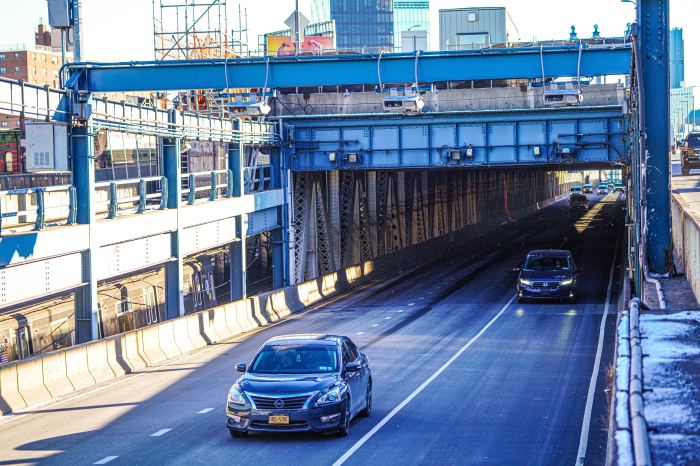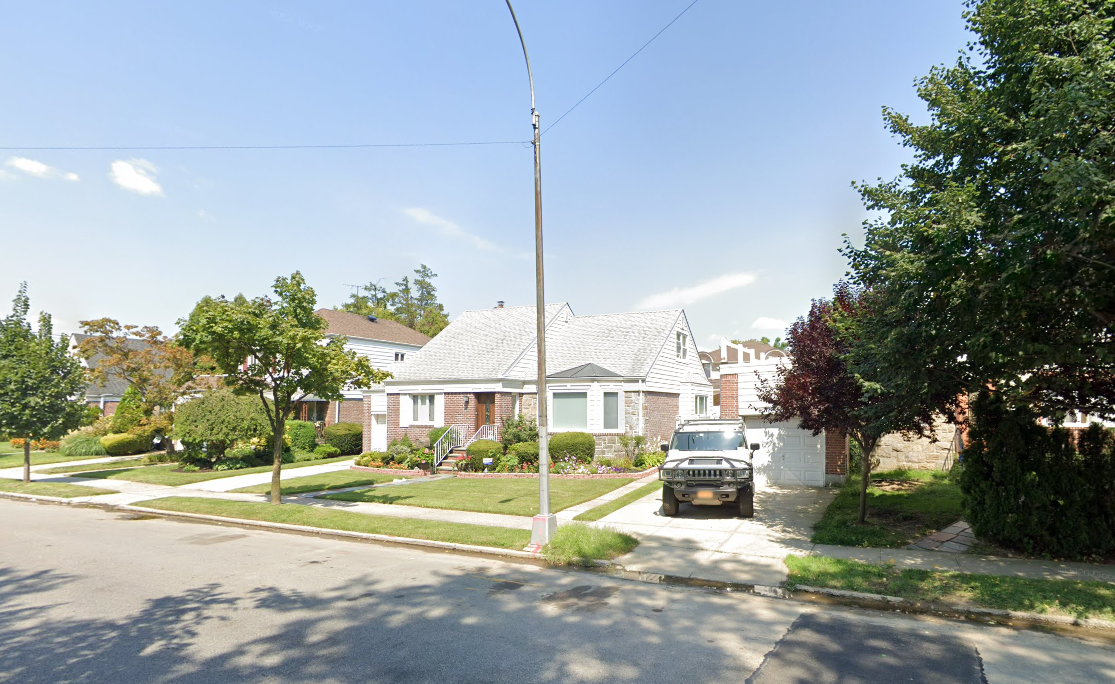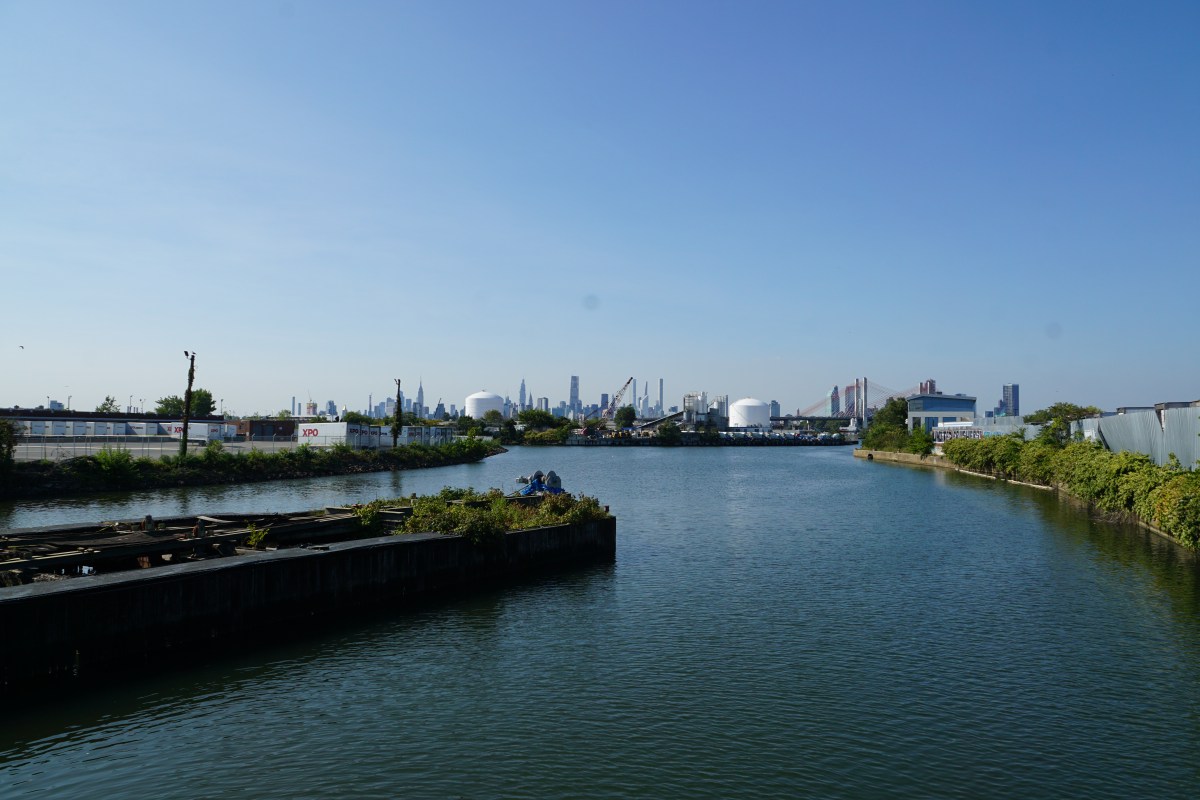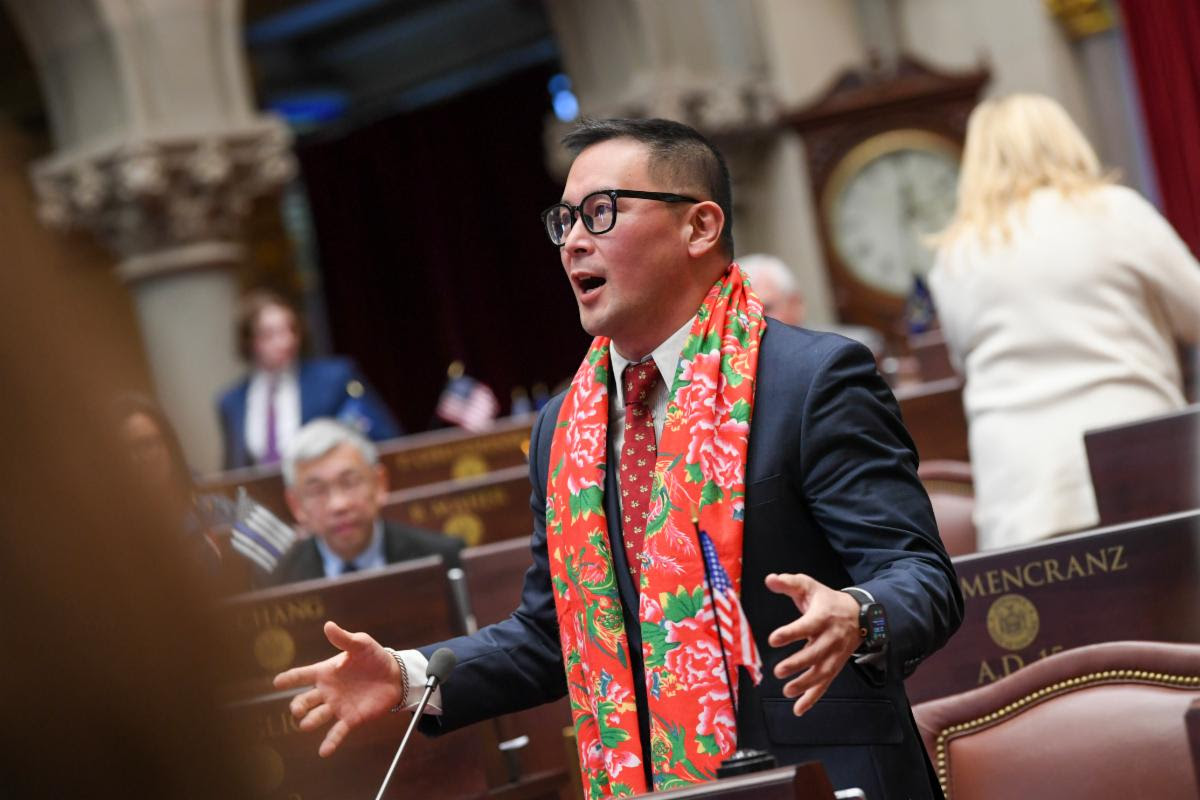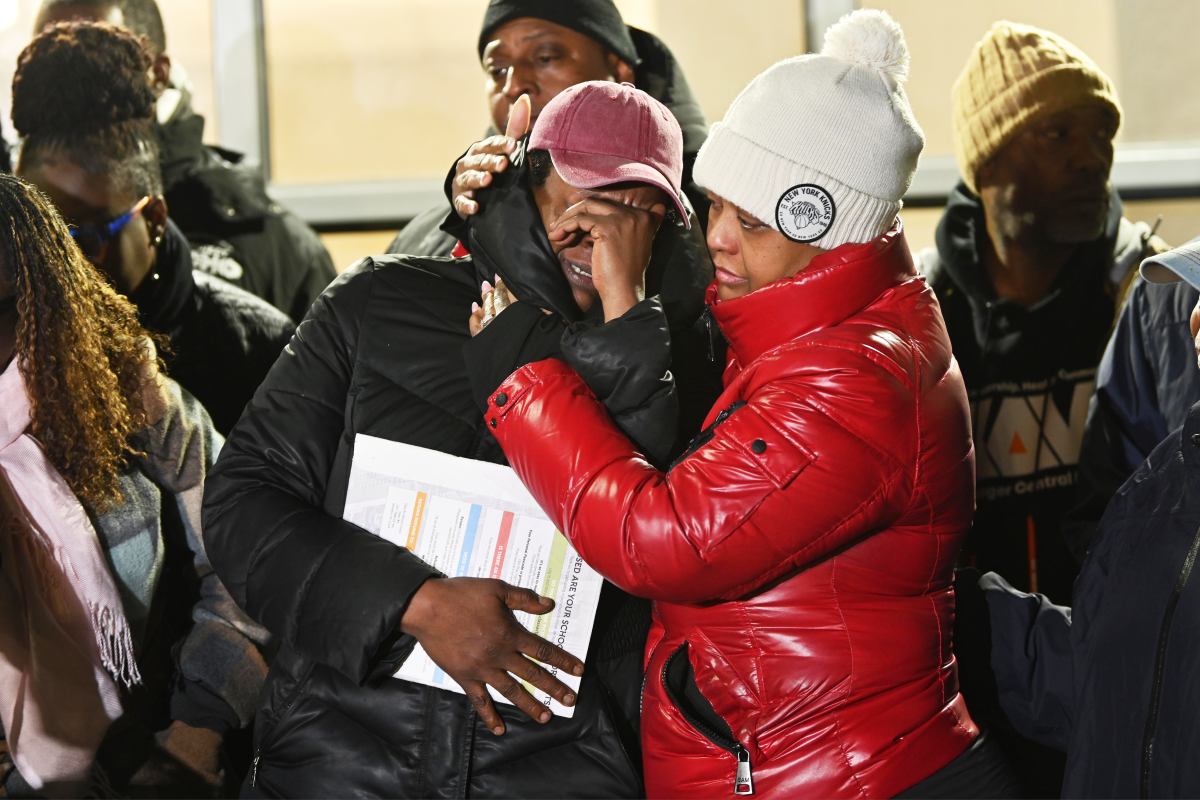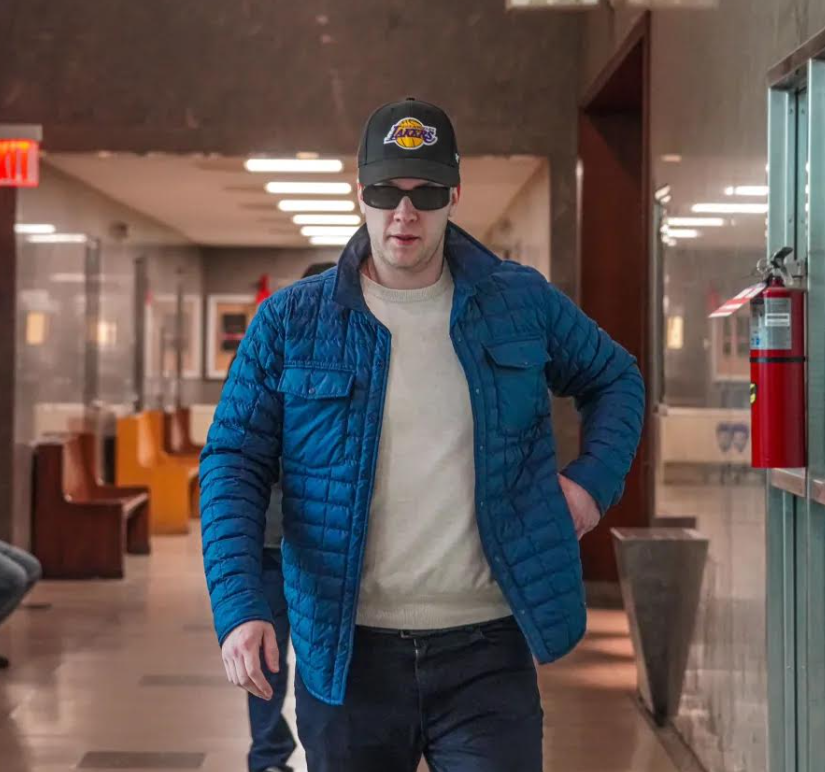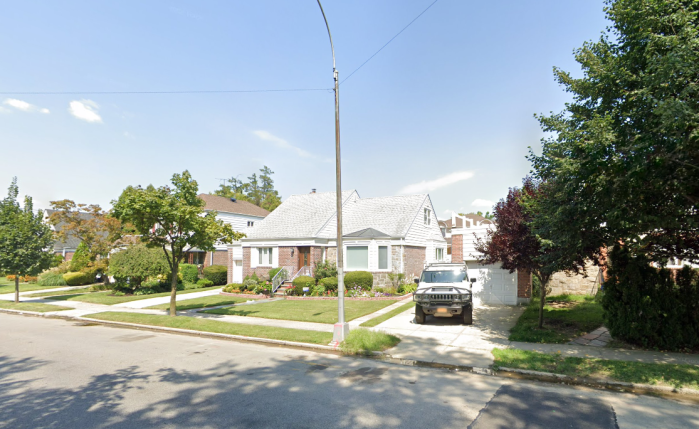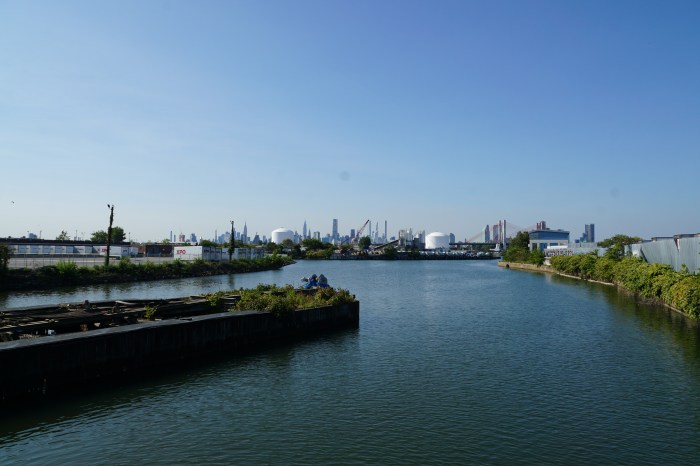City Comptroller Brad Lander filed suit against two companies that contracted with the MTA to clean subway cars, alleging they stiffed their employees out of more than $2.5 million in wages, amNewYork Metro has learned.
The lawsuits, filed Wednesday in the Office of Administrative Trials and Hearings, accuse two contractors, Fleetwash and Ln Pro, of stealing wages from cleaners that the Comptroller’s office had already ruled they were entitled to. The MTA onboarded legions of contract workers to clean subway cars at terminal stations at the height of the COVID-19 pandemic in 2020, during an unprecedented yearlong period of nighttime closures for the system.
Lander’s predecessor as Comptroller, Scott Stringer, ruled in May 2020 that the subway cleaners were entitled to a prevailing wage of $28 per hour, citing state Labor Law — but the MTA paid only between $18-21 per hour through contractors Fleetwash and Ln Pro, according to Lander’s lawsuit.
Under that requirement, the Comptroller says Fleetwash stiffed 139 workers working the L train’s 8th Avenue-14th Street terminal for nearly a year out of more than half a million dollars. When civil penalties and 16% interest are included, Fleetwash is on the hook for just under $877,000, according to Lander.
Ln Pro, meanwhile, employed 255 cleaners at the 2/5 terminal at Flatbush Avenue-Brooklyn College and the F terminal at Jamaica-179th Street. Lander says they withheld over $972,000 in wages, and with penalties and interest owe back over $1.7 million.
“During the tough days of the pandemic, the essential workers who cleaned our subways were the unsung heroes keeping New York City safe,” Lander said in a statement. “Sadly, many of these workers were cheated out of the prevailing wage they earned, all while facing terrifying conditions. This lawsuit brings these workers closer to justice and underscores the urgent need for accountability.”
Articles 8 and 9 of the state’s Labor Law require that prevailing wage be paid to workers on public works and building services contracts, which the Comptroller’s office has contended covered contract subway cleaners. The MTA has publicly disagreed, and earlier this month filed its own lawsuit against Lander aiming to prevent enforcement of the prevailing wage ruling. Fleetwash was a co-plaintiff with the MTA in that case.
A lawyer for Ln Pro, Jennifer Redmond, said the company and other cleaning contractors were “pawns” in a dispute between two government agencies, and that Ln Pro had taken the contract with the understanding the jobs did not pay prevailing wage.
“I’ve been doing this 25 years, and what the Comptroller is doing is just completely and utterly untrue. And Ln Pro is stuck between the MTA and the Comptroller.” Redmond said. “The statute and the contract covering this work make it non-prevailing wage. So Ln Pro paid everyone in accordance with the proper wages and all proper federal, state, and local laws, 100%.”
The MTA deferred comment to its previous legal filing on the matter, wherein the agency disputed the Comptroller’s prevailing wage ruling. Fleetwash did not return a request for comment.
Members of the labor force that cleaned subway trains during the year of closures have described working in abysmal conditions, and many of them were undocumented immigrants afraid of speaking up lest their legal status be questioned.
Astrid Villalba, a Colombian immigrant who has lived in Queens for 10 years, signed on to clean trains at Jamaica-179th Street but quit after just 16 days. At the height of the pandemic, she said Ln Pro did not provide adequate materials for cleaning, despite having to clean filthy trains soiled with blood and other unseemly substances, and that the company did not always provide personal protective equipment.
She started documenting what she saw, but ultimately found it useless.
“I left after 16 days because I saw that nothing was going to change and nothing would get better,” Villalba told amNewYork Metro in Spanish. “The pay wasn’t worth it.”
Villalba said she was paid only $18 per hour, and said she was only paid once and more than a week late at that. Other workers previously told Documented NY that their checks did not include their fully promised wages.
Villalba submitted her findings to the Comptroller’s office, and hopes the lawsuit is successful because “they’re definitely taking advantage of everyone there.”
Overnight contract cleaning continued until 24-hour service was restored to the subway in May 2021, and the contracts have lapsed. Since then, the MTA has hired hundreds of full-time, unionized cleaners to work in-house.
This story was updated at 4:25 pm 2/22/2024 with comment from a lawyer for Ln Pro.







